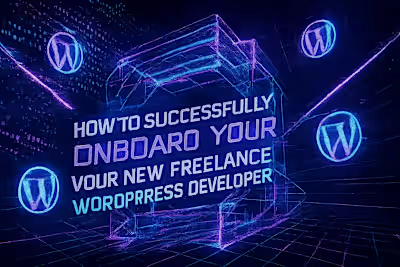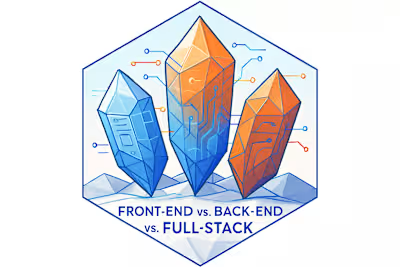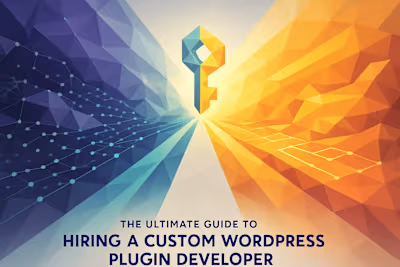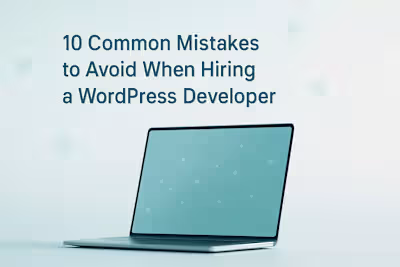A Step-by-Step Guide to Hiring a WooCommerce Developer
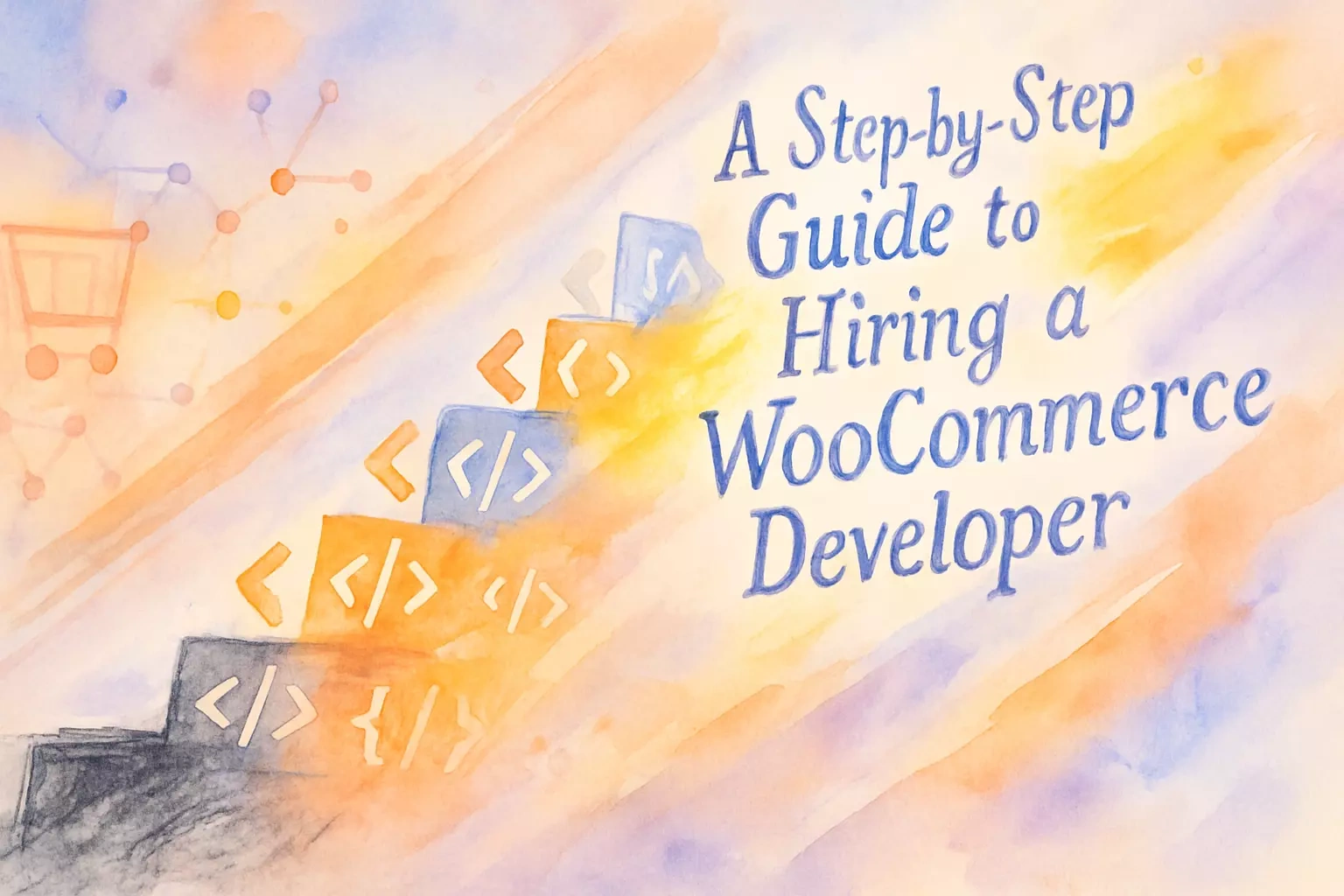
A Step-by-Step Guide to Hiring a WooCommerce Developer
Step 1: Define Your Project Scope and Requirements
Outline Your Store's Core Features
Identify Customizations and Integrations
Set a Realistic Budget and Timeline
Step 2: Identify the Key Skills of a Great WooCommerce Developer
Deep Proficiency in WooCommerce Architecture
Core Web Technologies (PHP, JS, HTML, CSS)
Experience with Payment Gateway and Shipping API Integrations
Knowledge of E-commerce Security and Best Practices
Step 3: Finding and Vetting Candidates
Review Their Portfolio and Past Work
Conduct a Thorough Technical Interview
Assign a Small, Paid Test Project
Step 4: Making the Hire and Setting Up for Success
Create a Clear Contract or Statement of Work
Establish Communication Channels and Project Management
Plan for Post-Launch Support and Maintenance
Conclusion
References
A Step-by-Step Guide to Hiring a WooCommerce Developer
Step 1: Define Your Project Scope and Requirements
Outline Your Store's Core Features
Identify Customizations and Integrations
Set a Realistic Budget and Timeline
Step 2: Identify the Key Skills of a Great WooCommerce Developer
Deep Proficiency in WooCommerce Architecture
Core Web Technologies (PHP, JS, HTML, CSS)
Experience with Payment Gateway and Shipping API Integrations
Knowledge of E-commerce Security and Best Practices
Step 3: Finding and Vetting Candidates
Review Their Portfolio and Past Work
Conduct a Thorough Technical Interview
Assign a Small, Paid Test Project
Step 4: Making the Hire and Setting Up for Success
Create a Clear Contract or Statement of Work
Establish Communication Channels and Project Management
Plan for Post-Launch Support and Maintenance
Conclusion
References
Posted Jun 15, 2025
Need to hire a WooCommerce developer? Our step-by-step guide covers everything from defining your project scope to asking the right questions and assessing skills.







